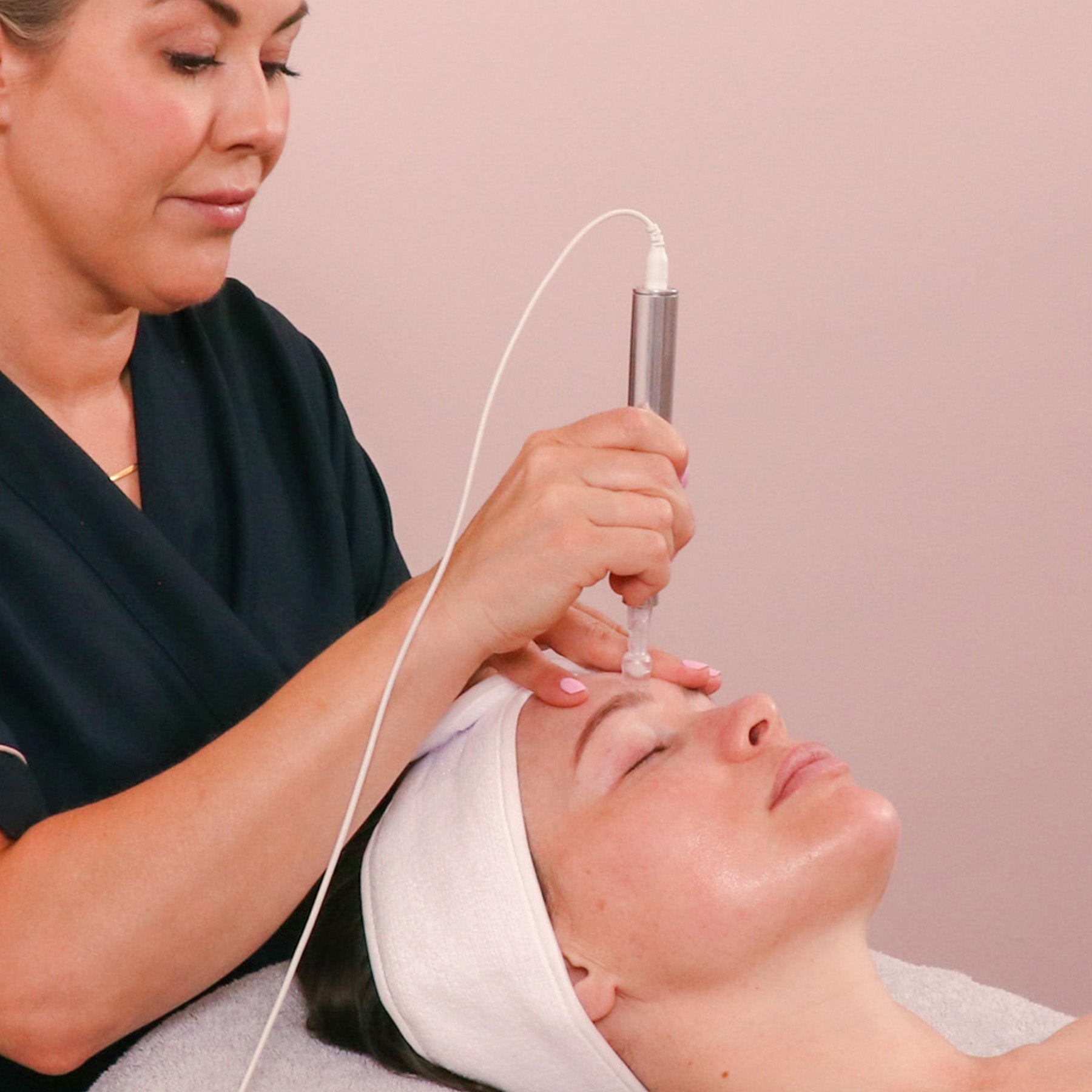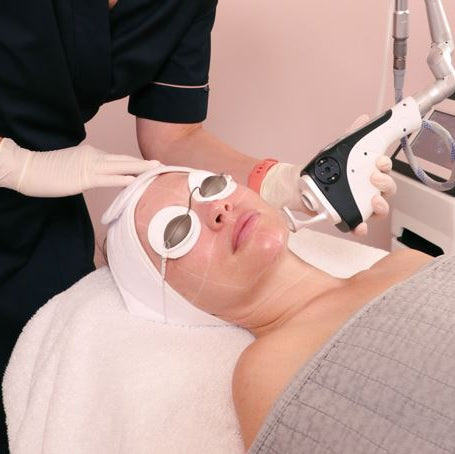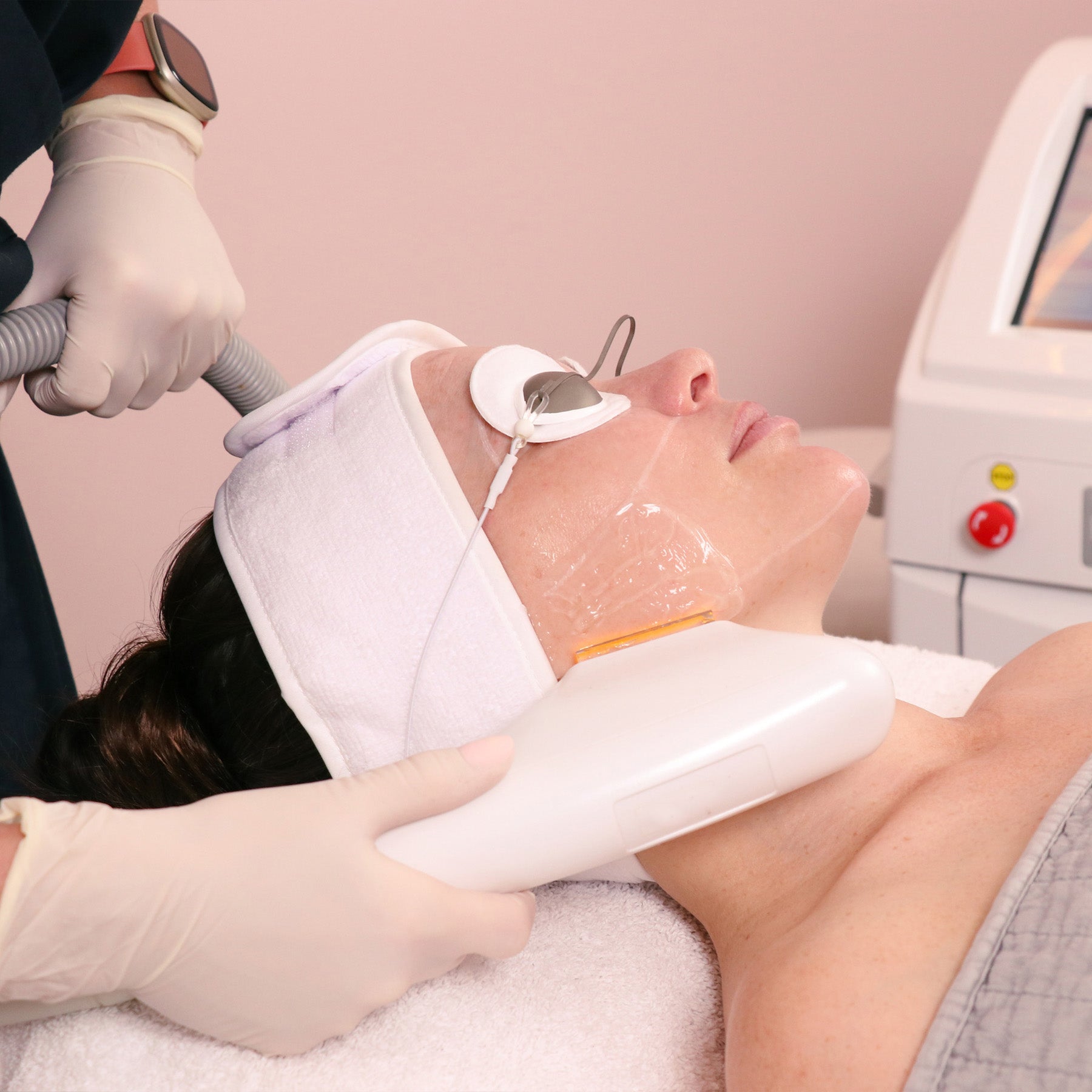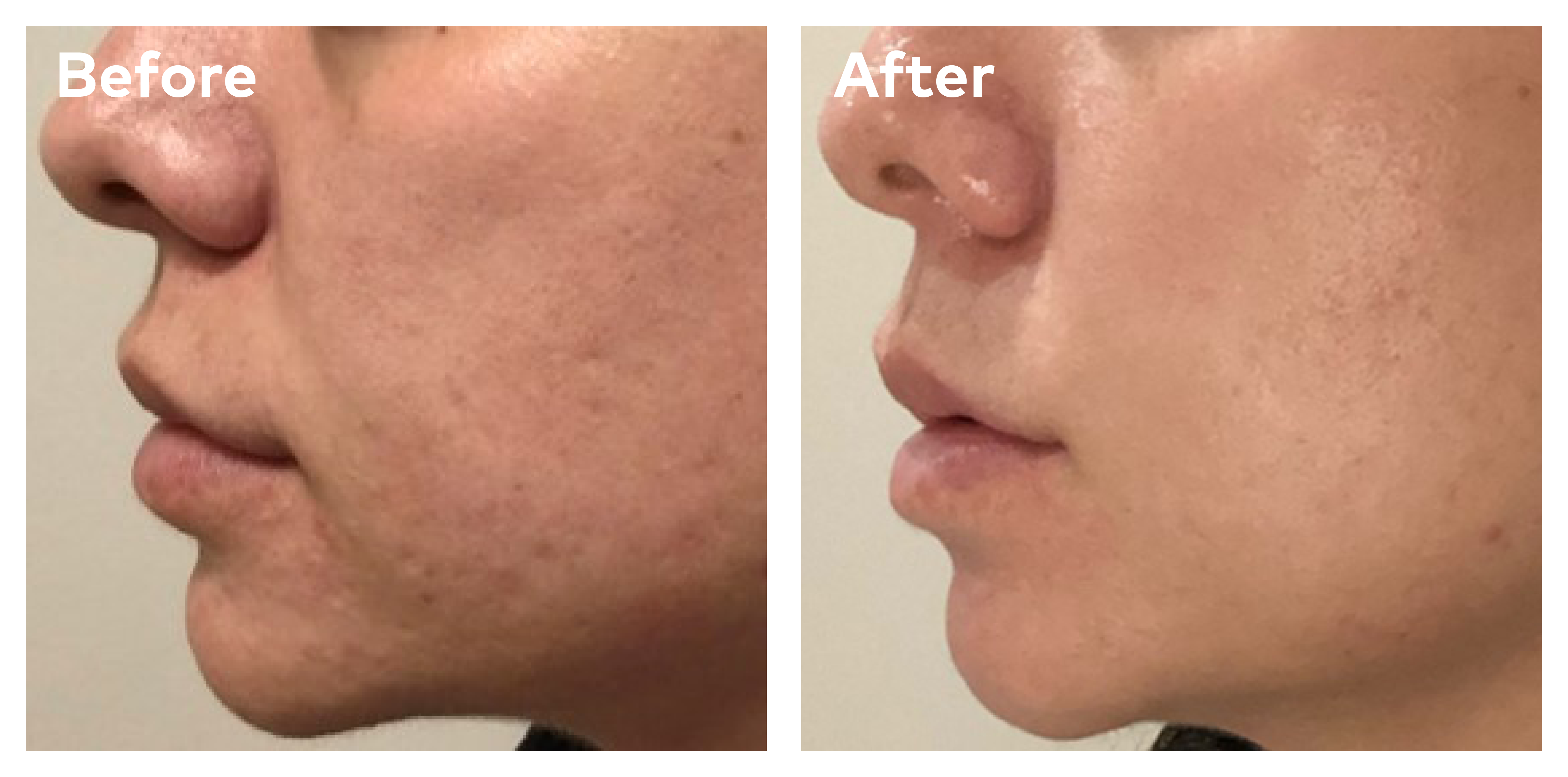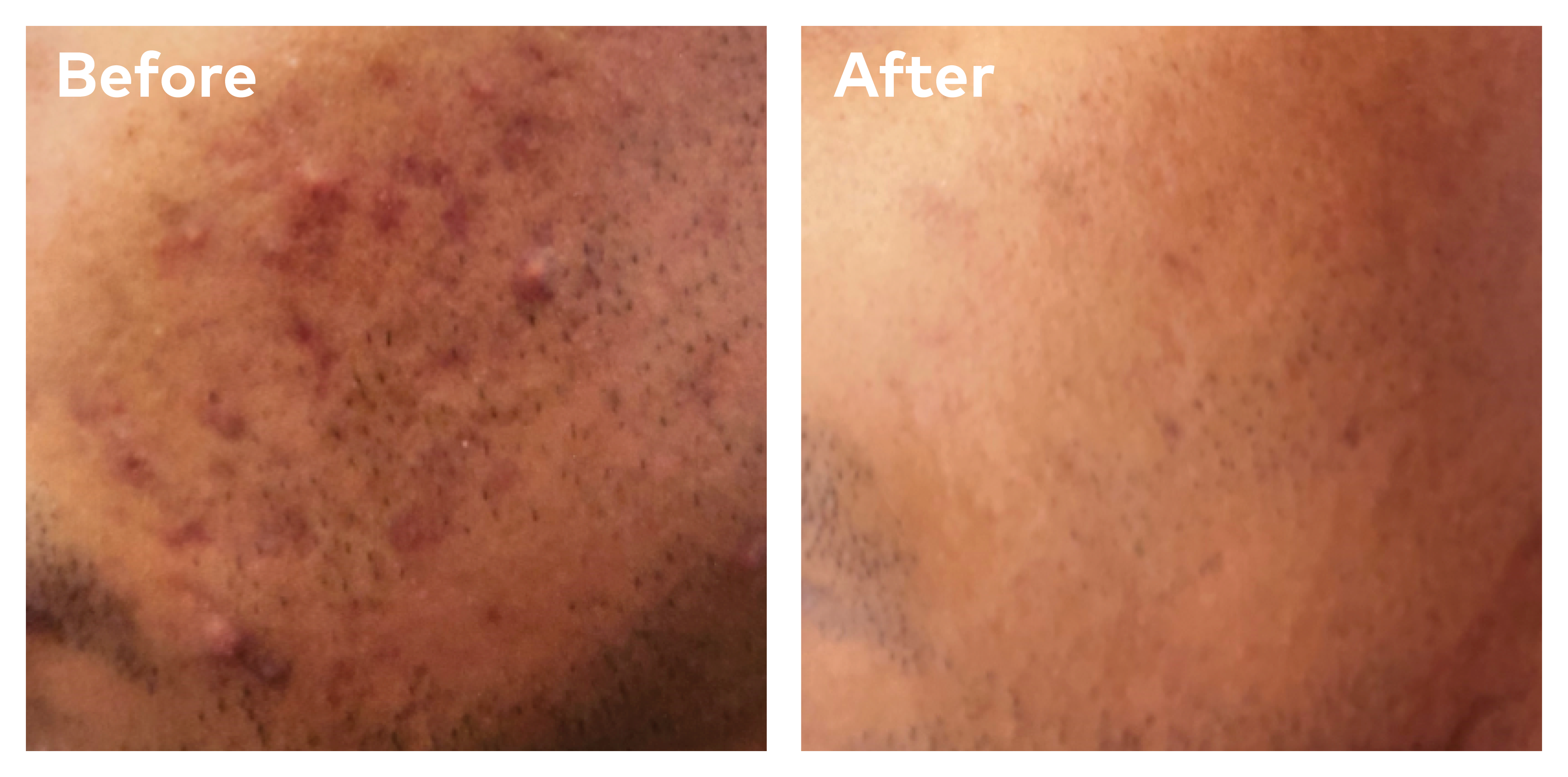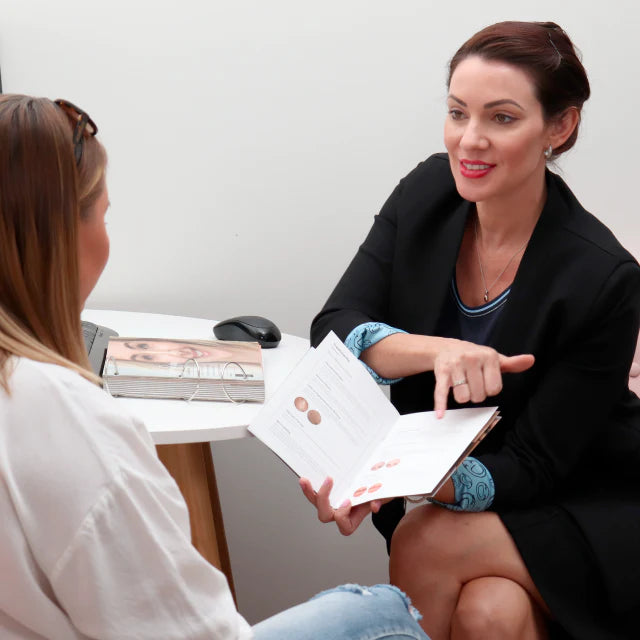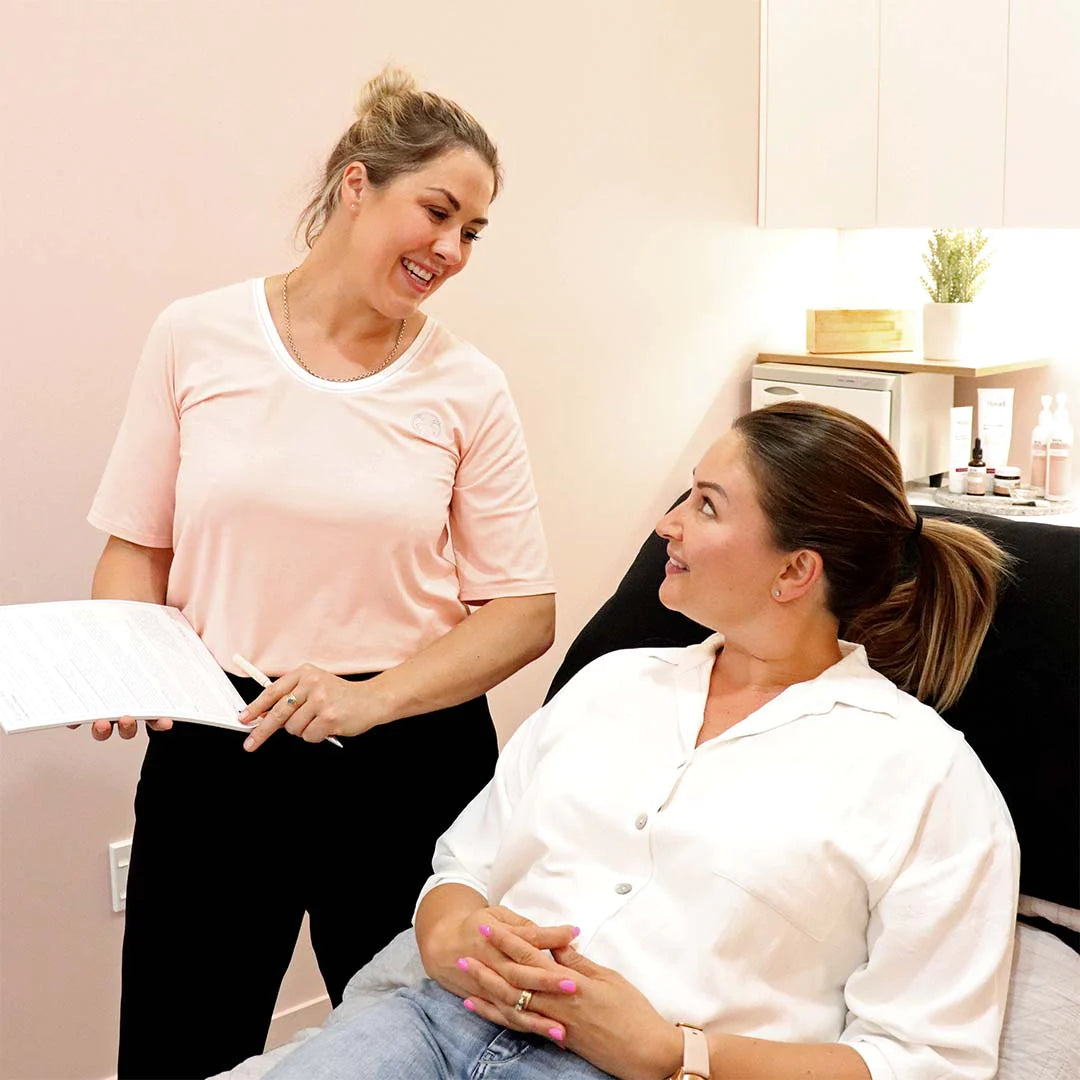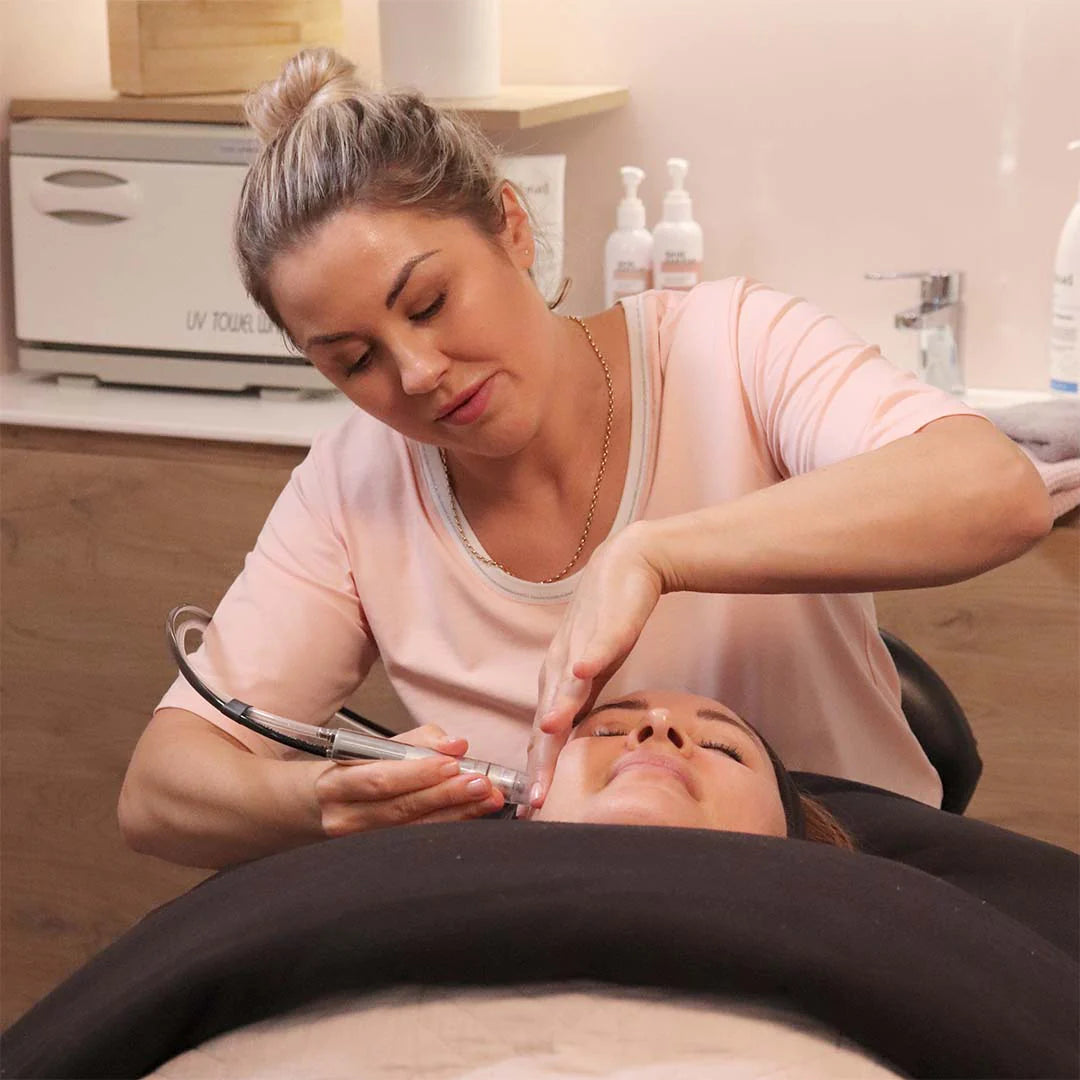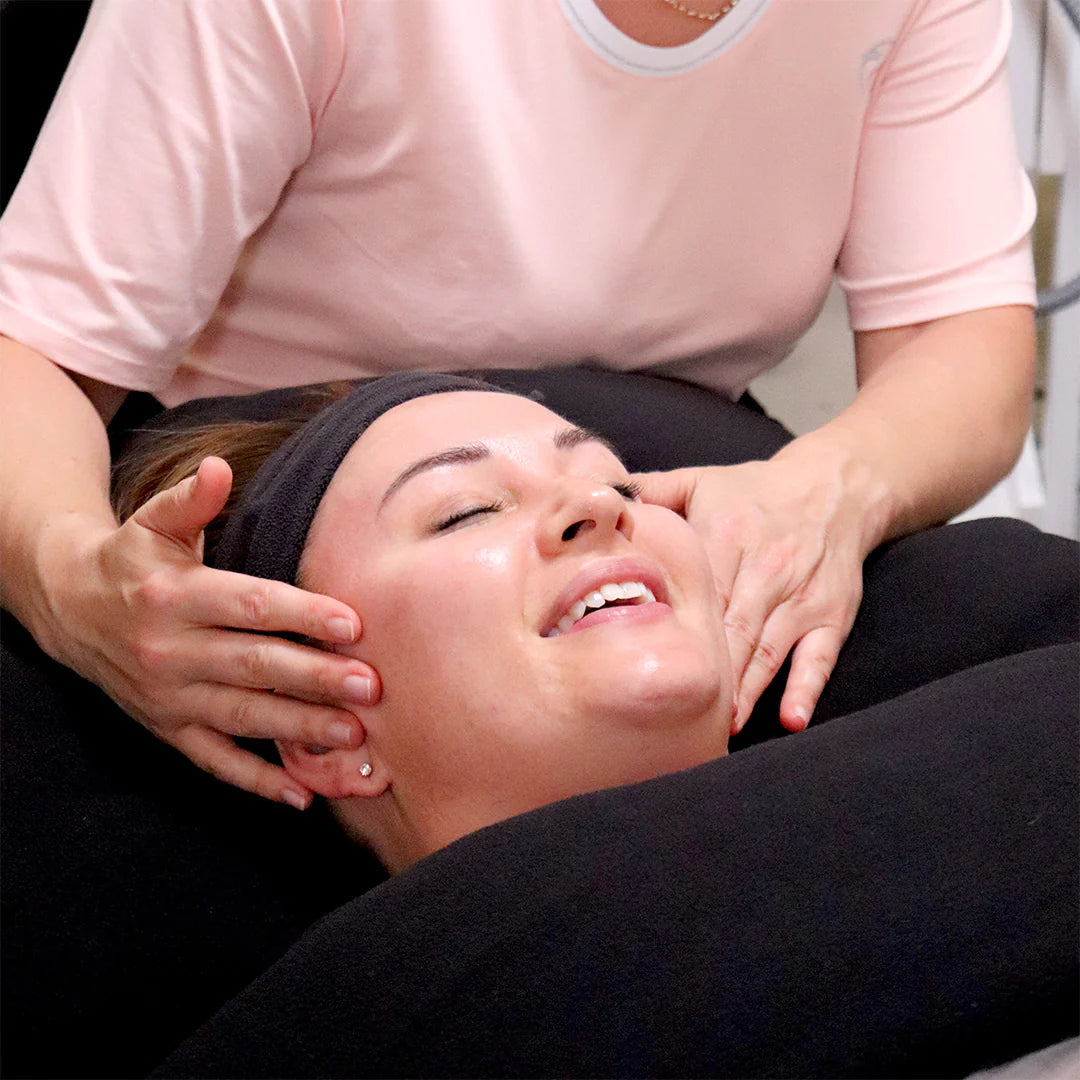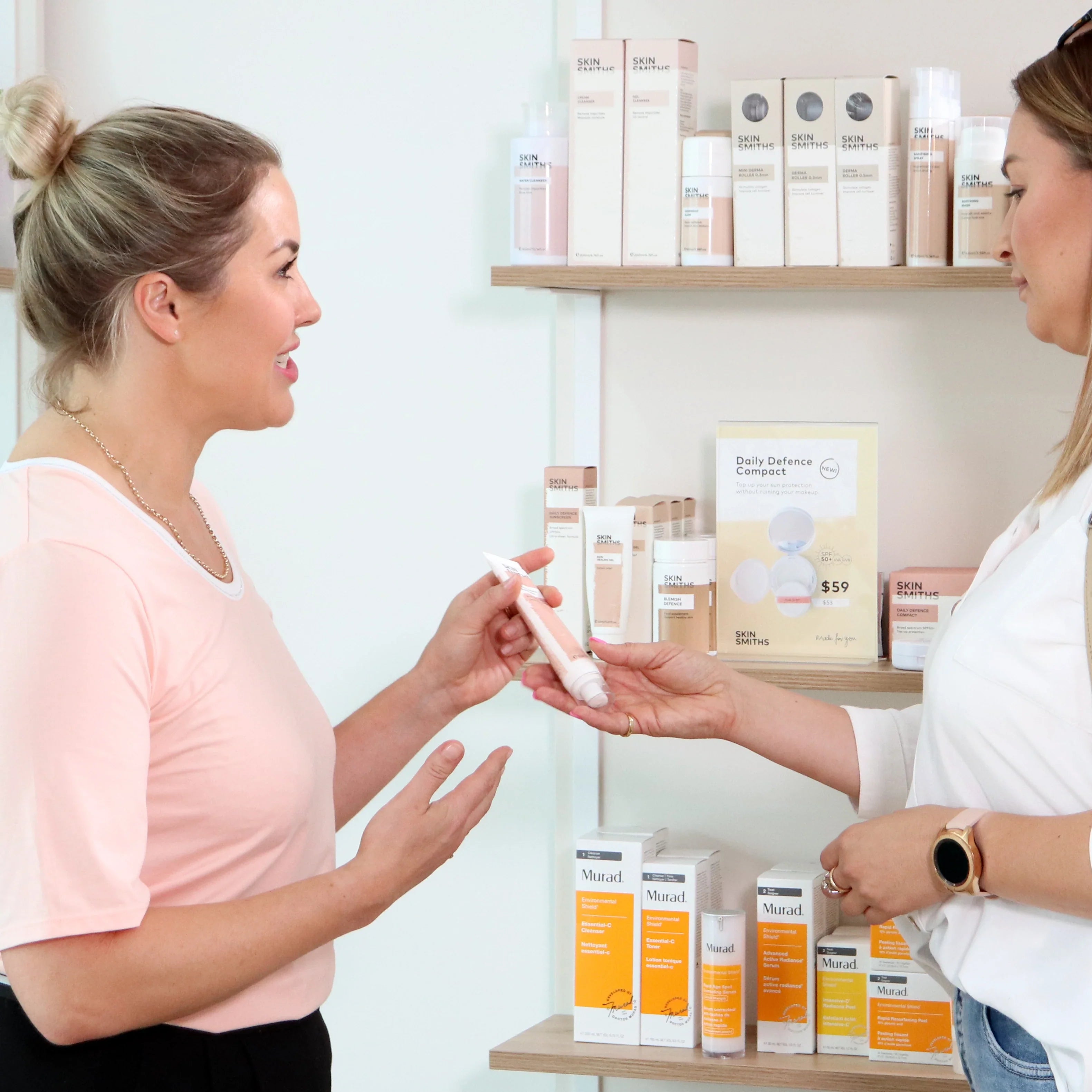What Causes Skin Scarring?
Scars form when the skin repairs itself after injury, acne, or inflammation. During the healing process, collagen can rebuild unevenly, leaving behind pitted, raised, or discoloured marks. Acne scars in particular are common, with changes to texture and tone that can linger long after breakouts have cleared.
The good news? With targeted treatments that remodel collagen, resurface the skin, and reduce discolouration, scarring can be softened and smoothed, helping your skin look clearer and feel more even.
Types of Scars
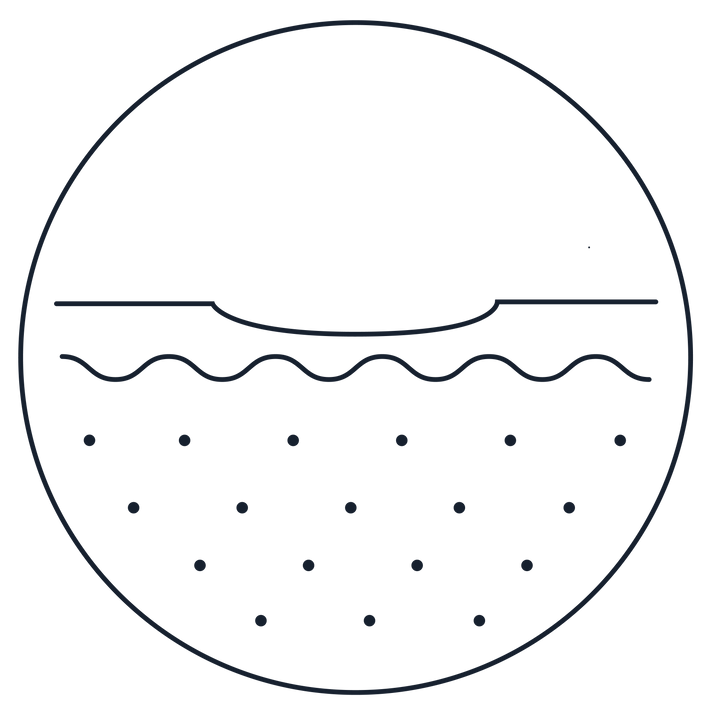
Atrophic/Pitted Scars
The most common, particularly on the face from acne. They sit below the surrounding skin and are formed when not enough collagen is made when the wound is healing.
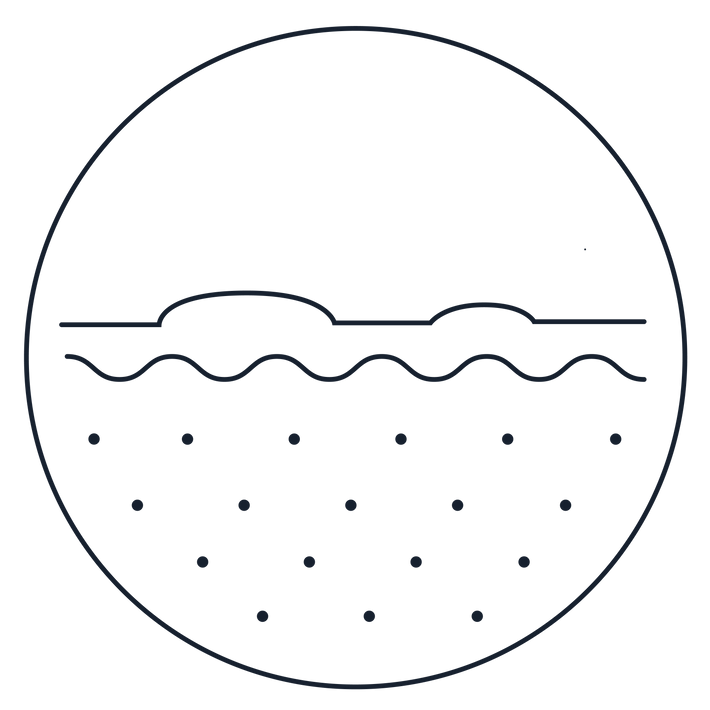
Hypotrophic Scars
Opposite to atrophic scars, hypotrophic scars sit as raised lumps of scar tissue where the acne once was. They are caused by too much collagen during healing and are most commonly found on the chest and back.
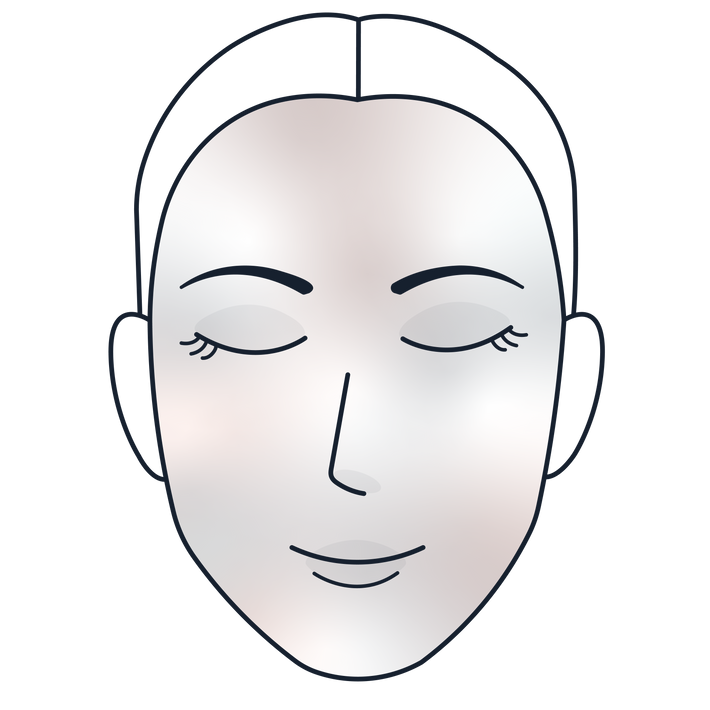
Discolouration
Red, brown, or dark marks after breakouts.
Ready to chat and get your tailored treatment plan? Book a free consultation.
Your Journey To Clear Skin Starts Here
At-Home Skincare Support for Scarring
-
Murad Daily Clarifying Peel
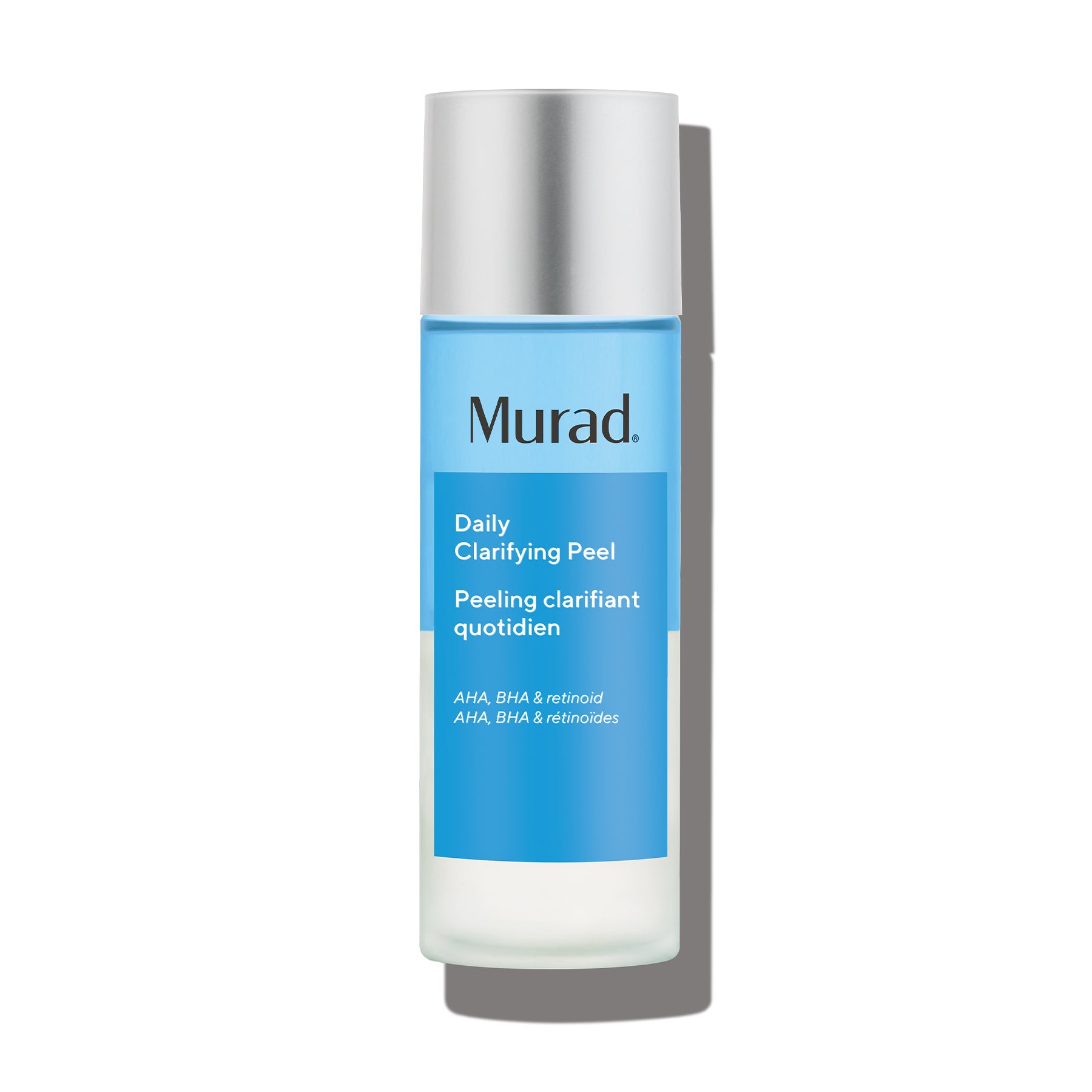 Vendor:MuradAll Skincare
Vendor:MuradAll SkincareMurad Daily Clarifying Peel
- Regular price
- $99.00
- Sale price
- $99.00
- Regular price
-
-
Skinsmiths LED Facial Mask
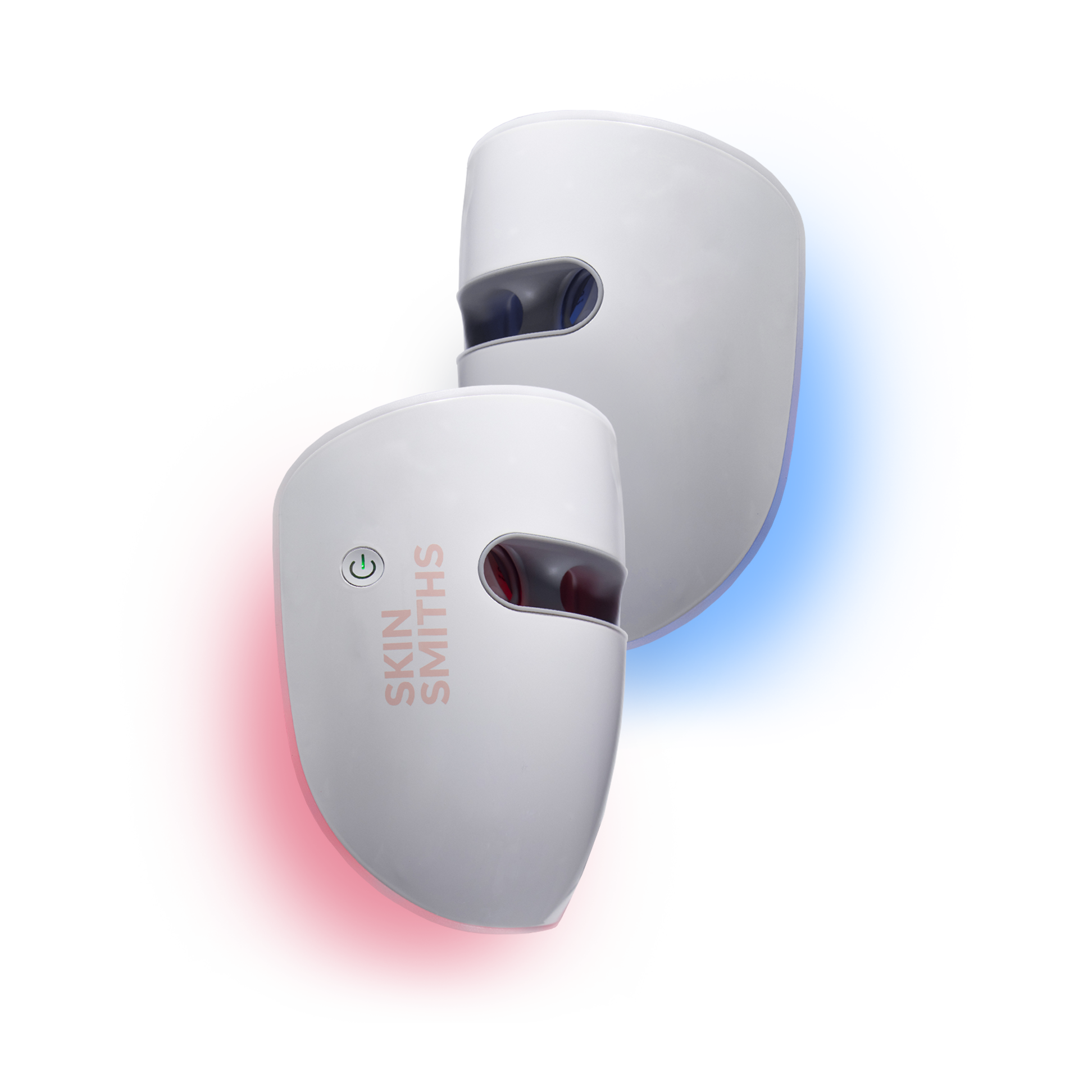
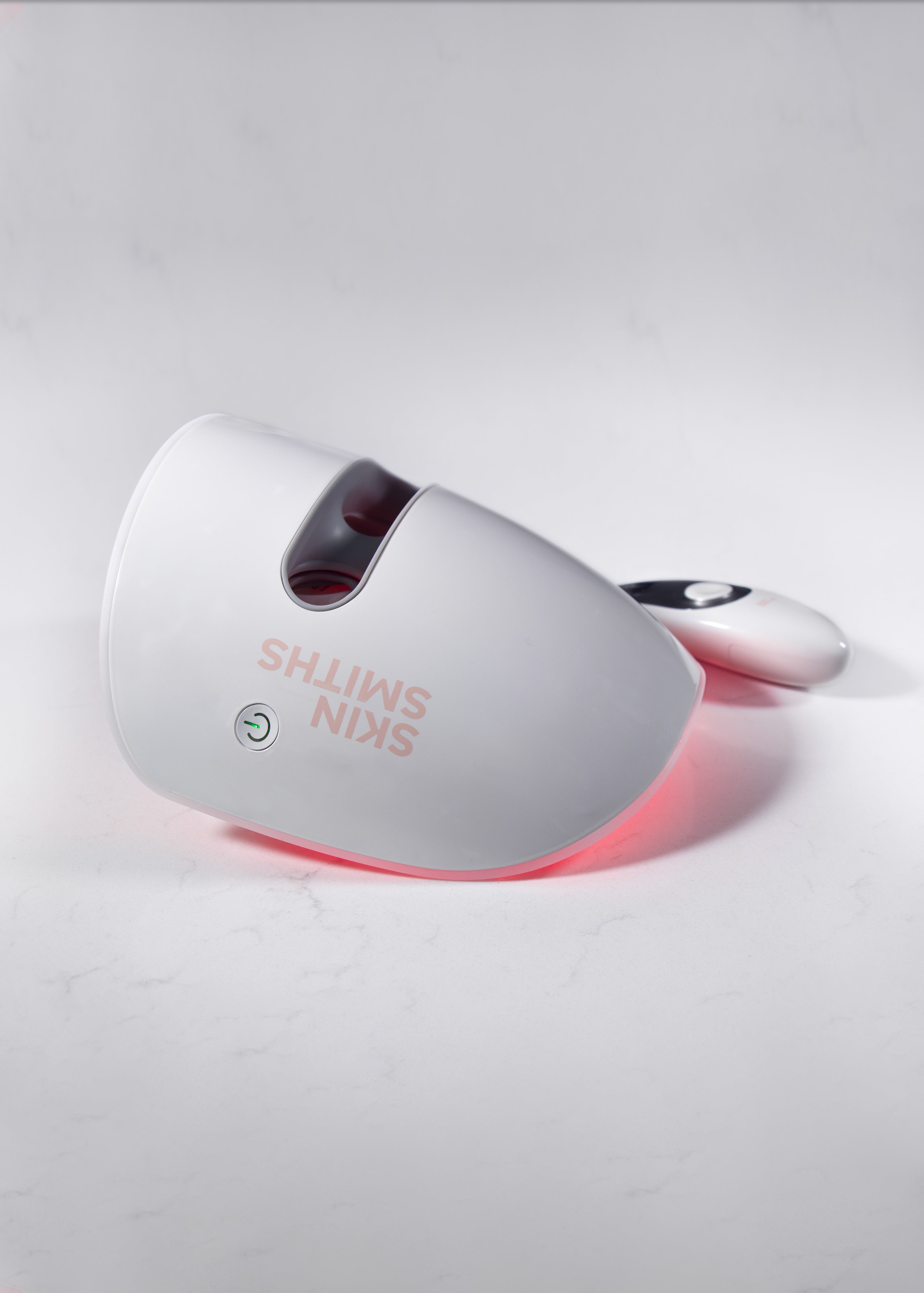 Vendor:SkinsmithsAll Skincare
Vendor:SkinsmithsAll SkincareSkinsmiths LED Facial Mask
- Regular price
- $299.00
- Sale price
- $299.00
- Regular price
-
-
Skinsmiths Derma Roller 0.3mm
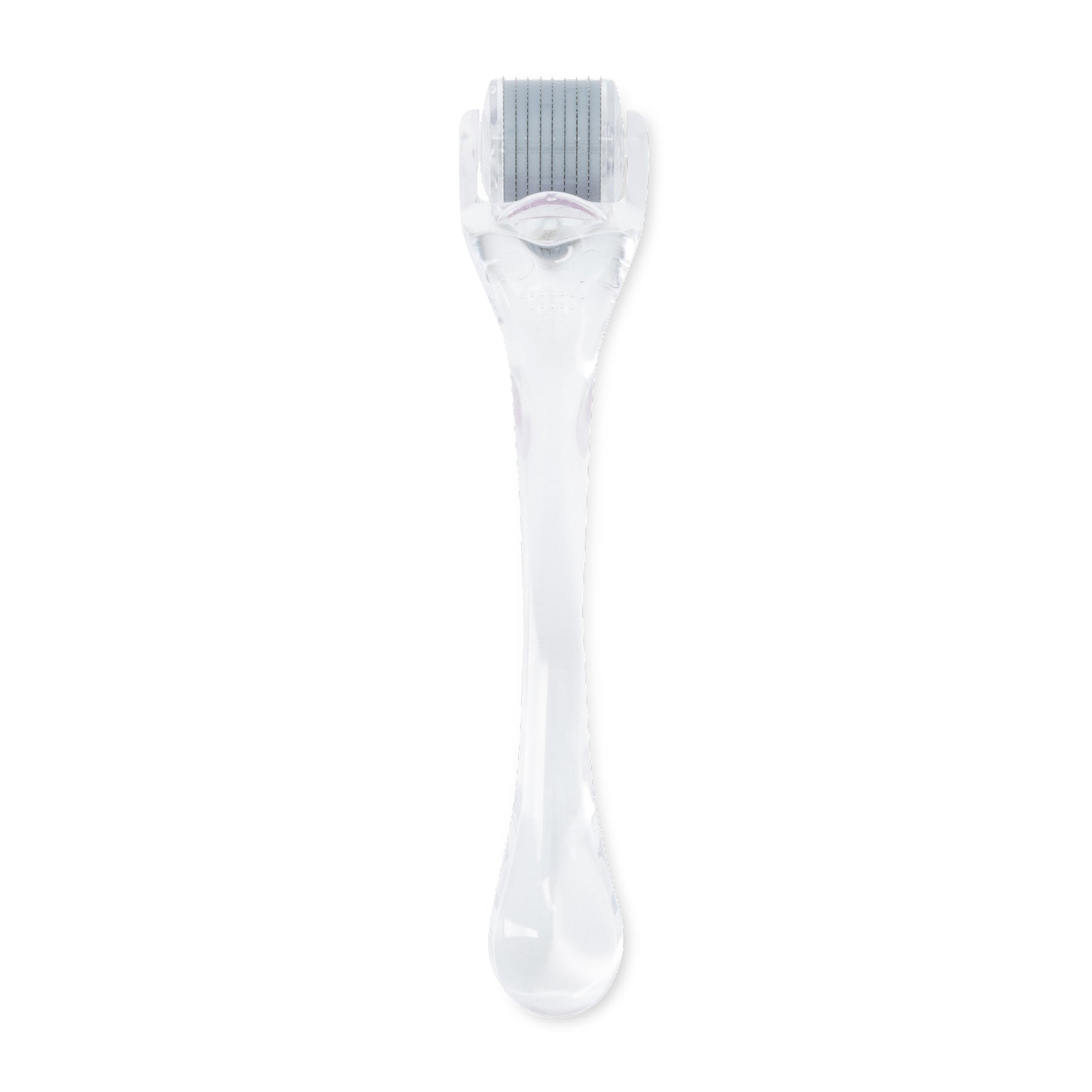
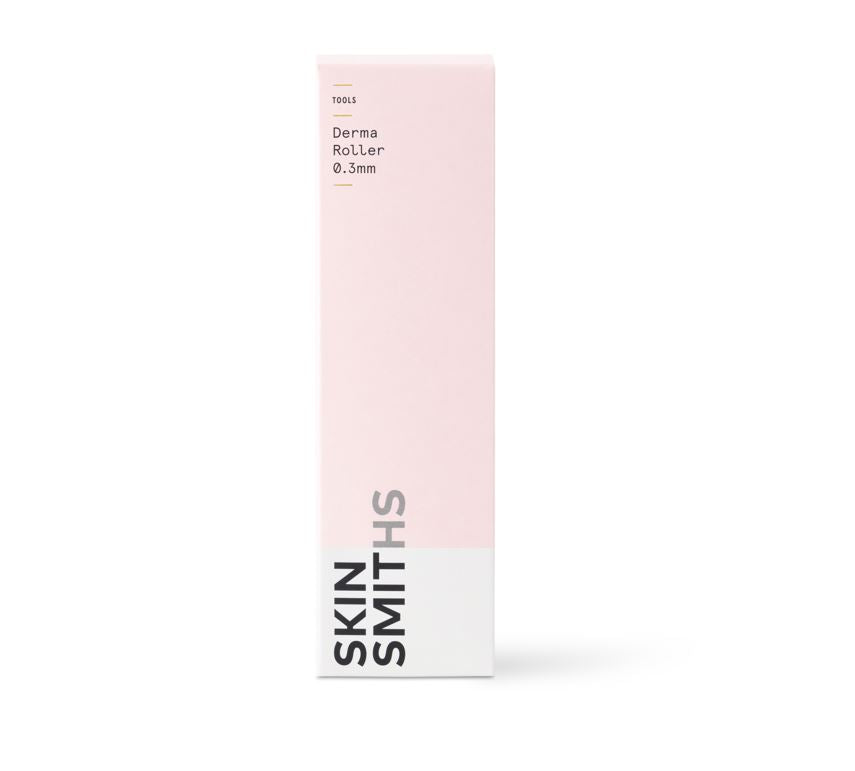 Vendor:SkinsmithsAll Skincare
Vendor:SkinsmithsAll SkincareSkinsmiths Derma Roller 0.3mm
- Regular price
- $60.00
- Sale price
- $60.00
- Regular price
-
-
Murad Retinol Youth Renewal Serum
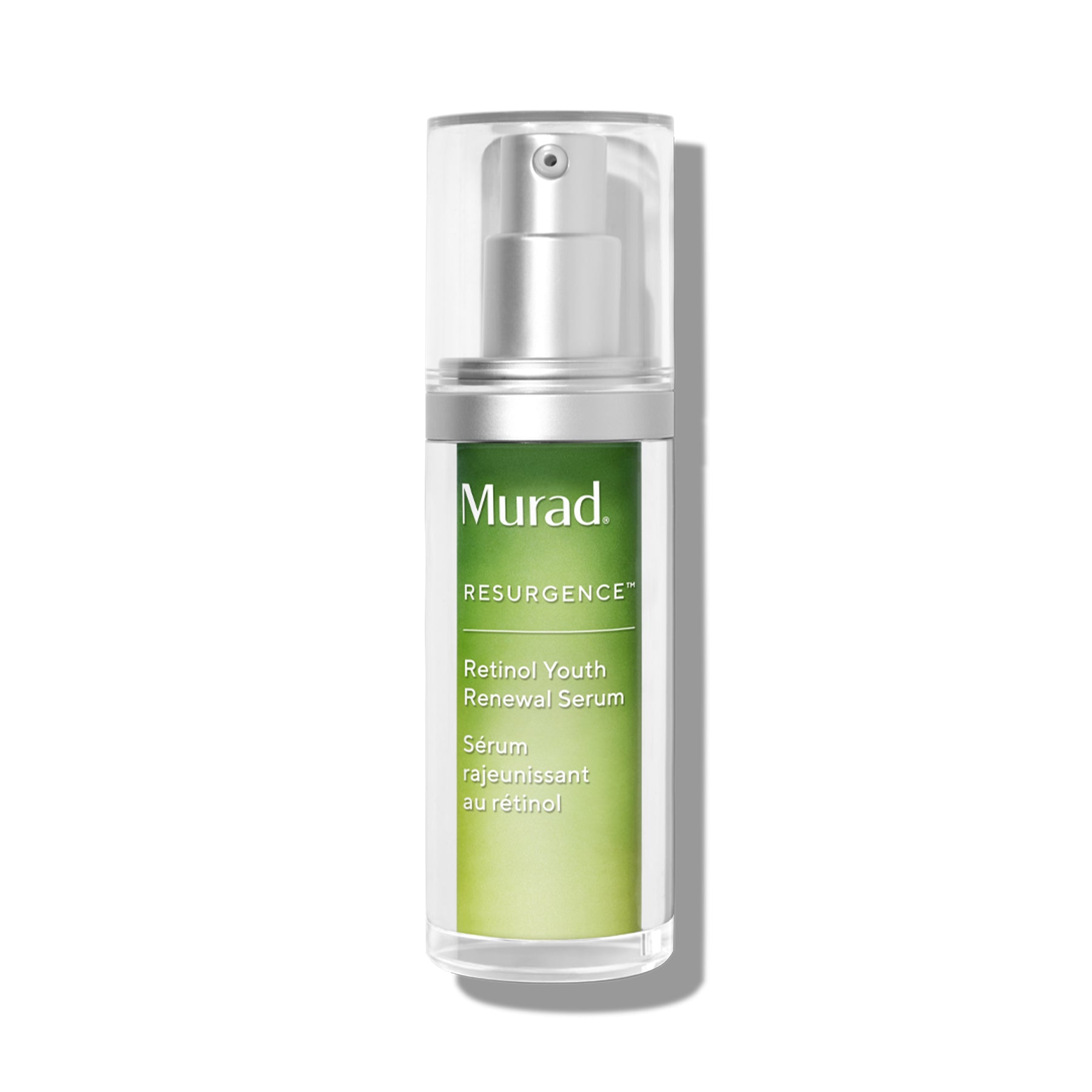
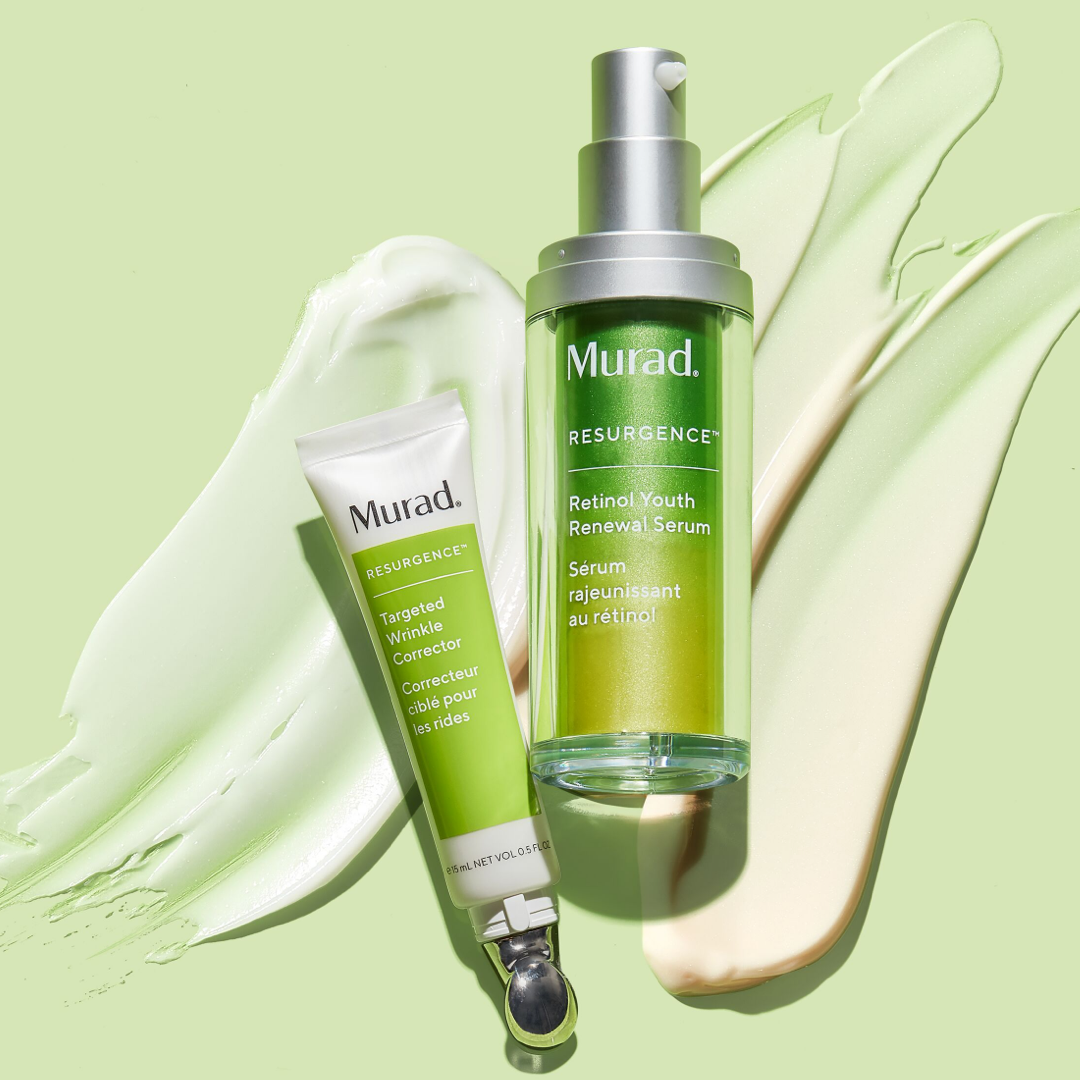 Vendor:MuradAll Skincare
Vendor:MuradAll SkincareMurad Retinol Youth Renewal Serum
- Regular price
- $190.00
- Sale price
- $190.00
- Regular price
-
-
Murad Multi-Vitamin Clear Coat Broad Spectrum SPF 50
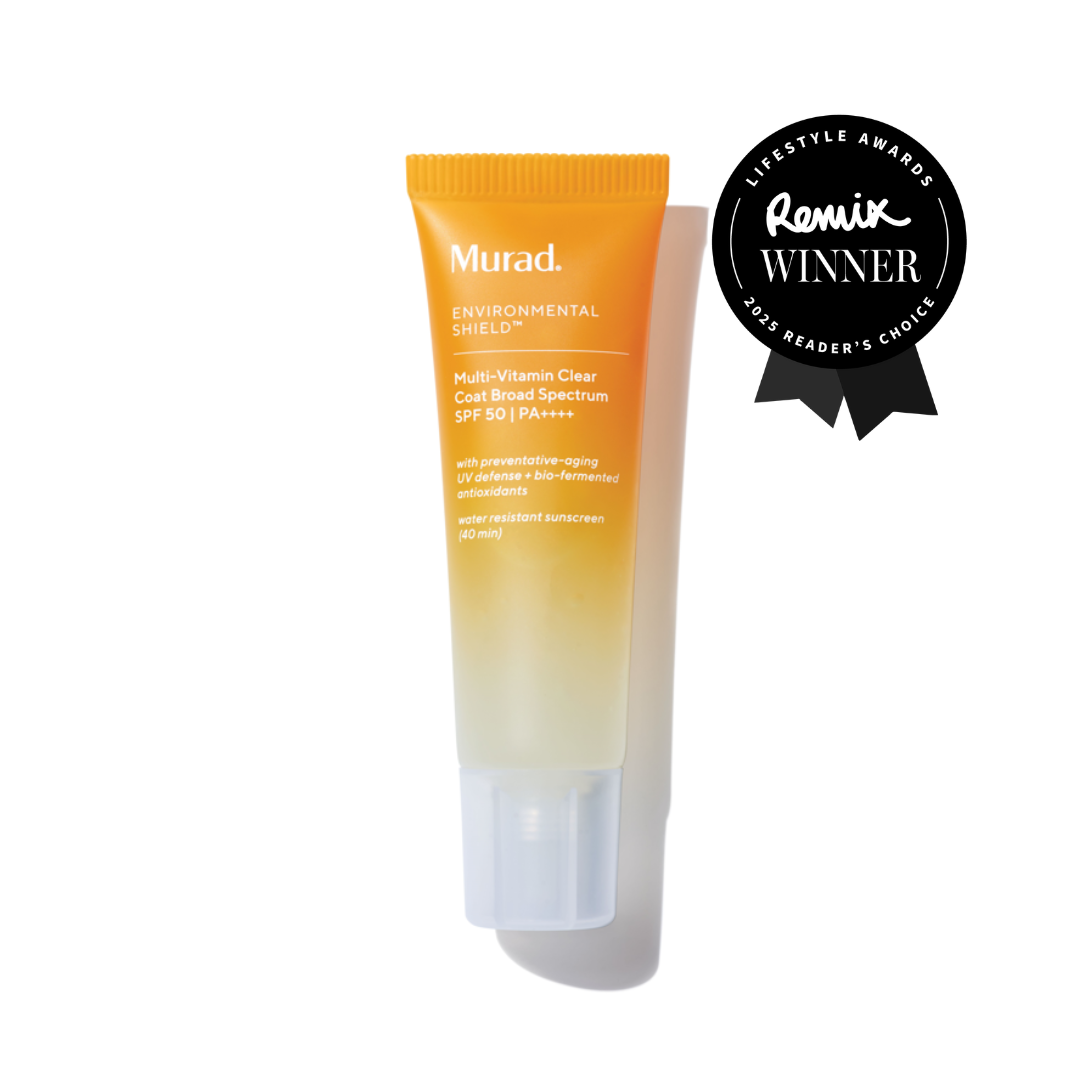
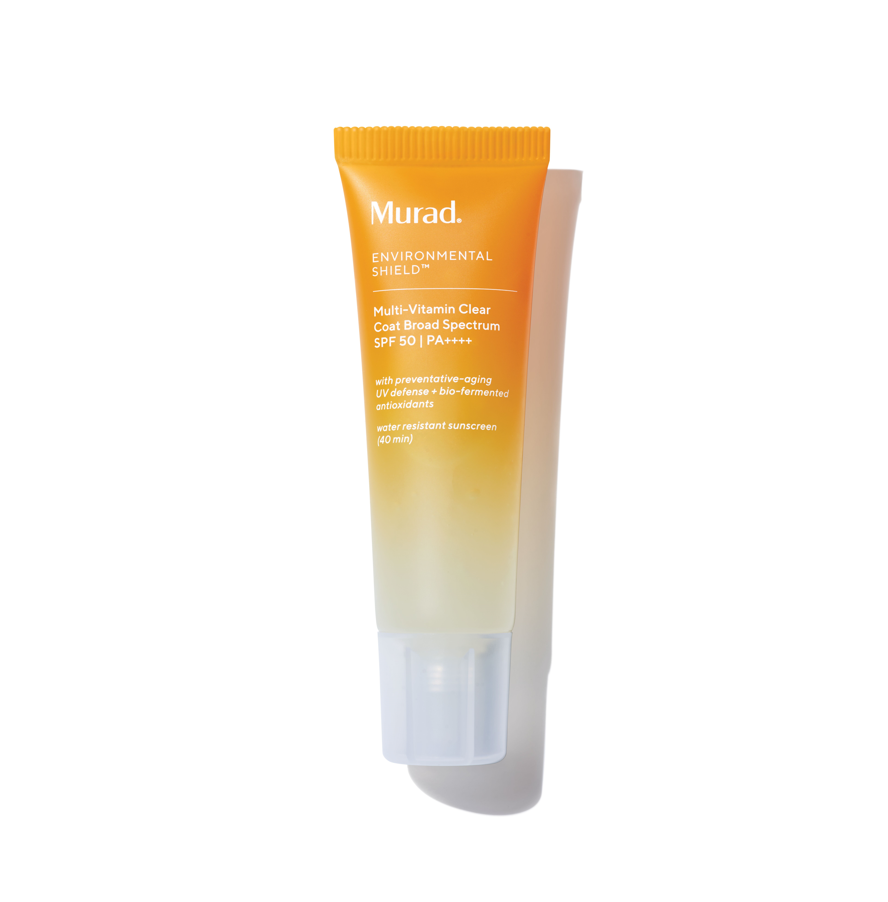 Vendor:MuradAll Skincare
Vendor:MuradAll SkincareMurad Multi-Vitamin Clear Coat Broad Spectrum SPF 50
- Regular price
- $109.00
- Sale price
- $109.00
- Regular price
-
-
Murad Superactive Moisturiser SPF 40: Mattifying Oil + Pore Control
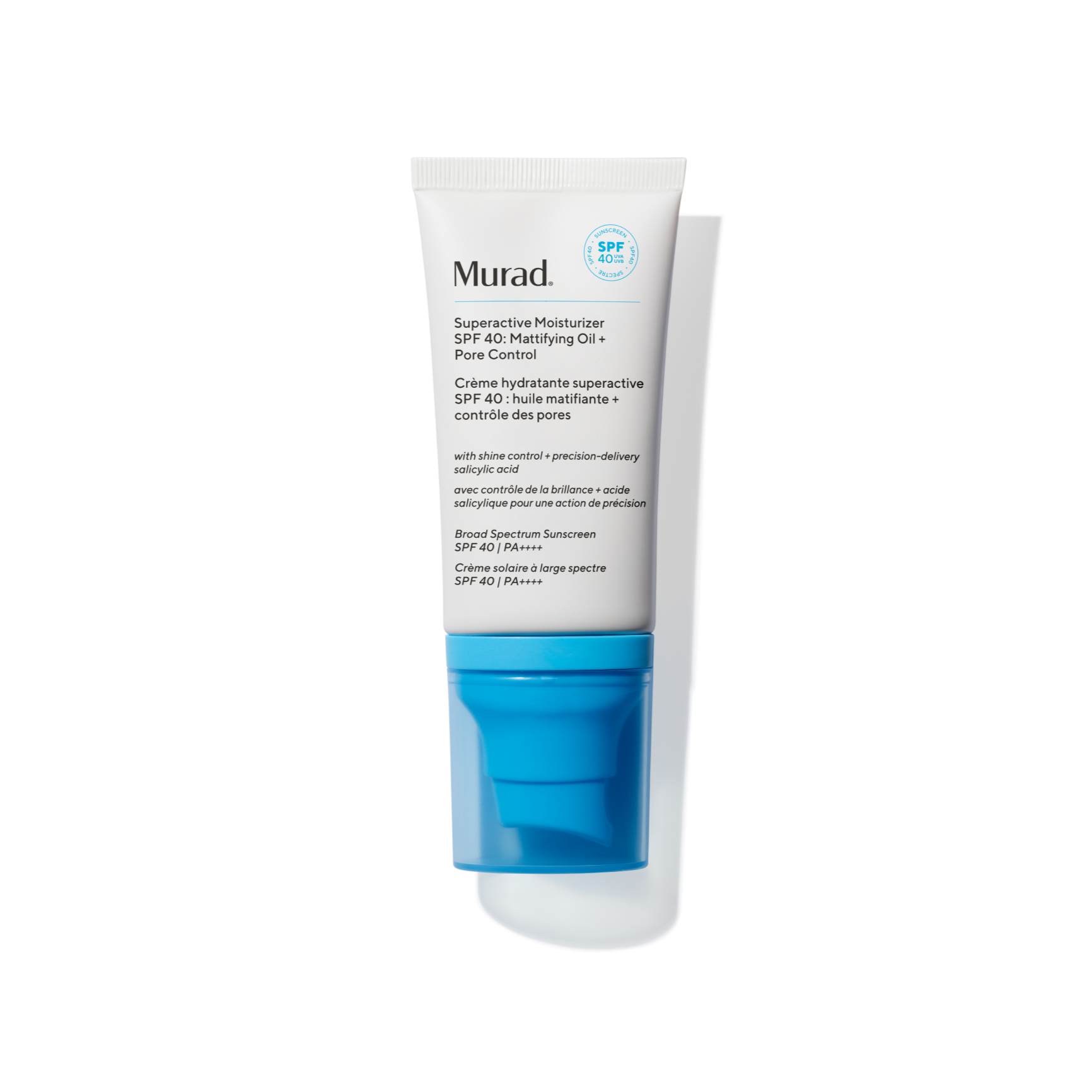
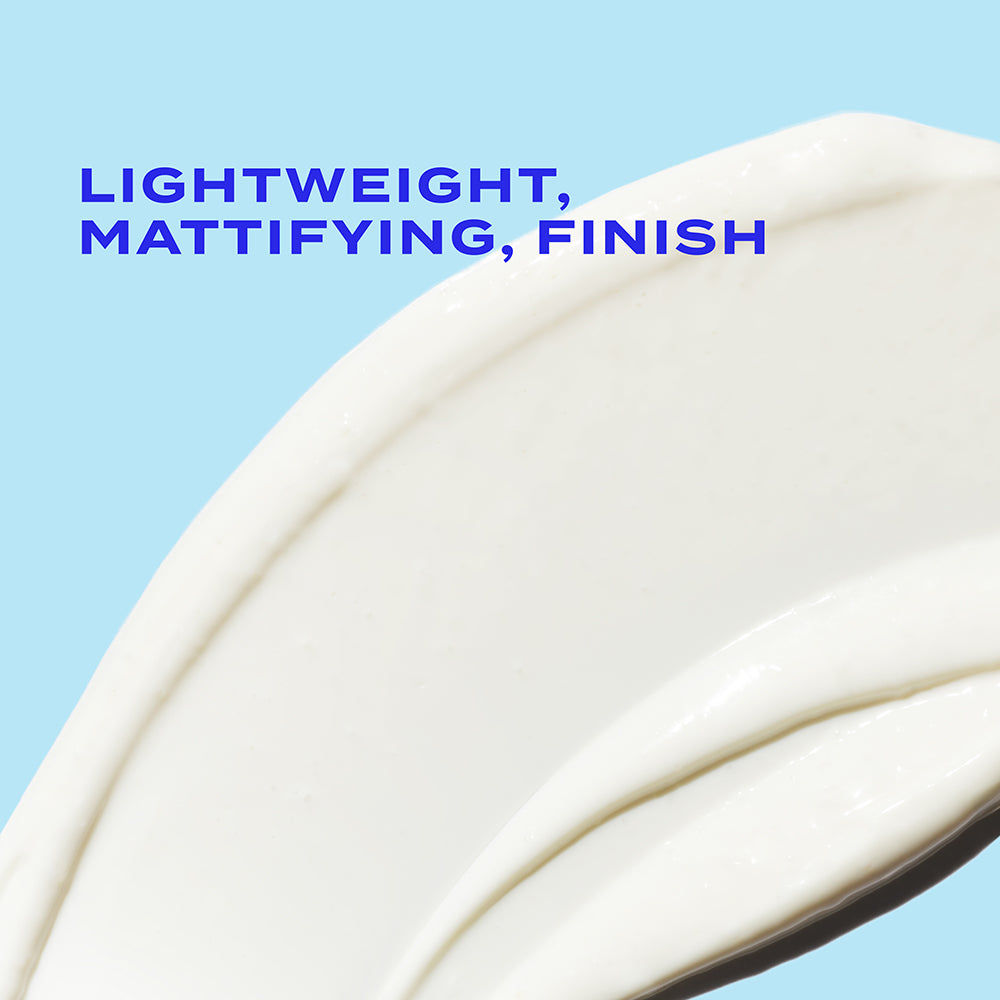 Vendor:MuradAll Skincare
Vendor:MuradAll SkincareMurad Superactive Moisturiser SPF 40: Mattifying Oil + Pore Control
- Regular price
- $99.00
- Sale price
- $99.00
- Regular price
-
-
Murad Rapid Relief Spot Treatment
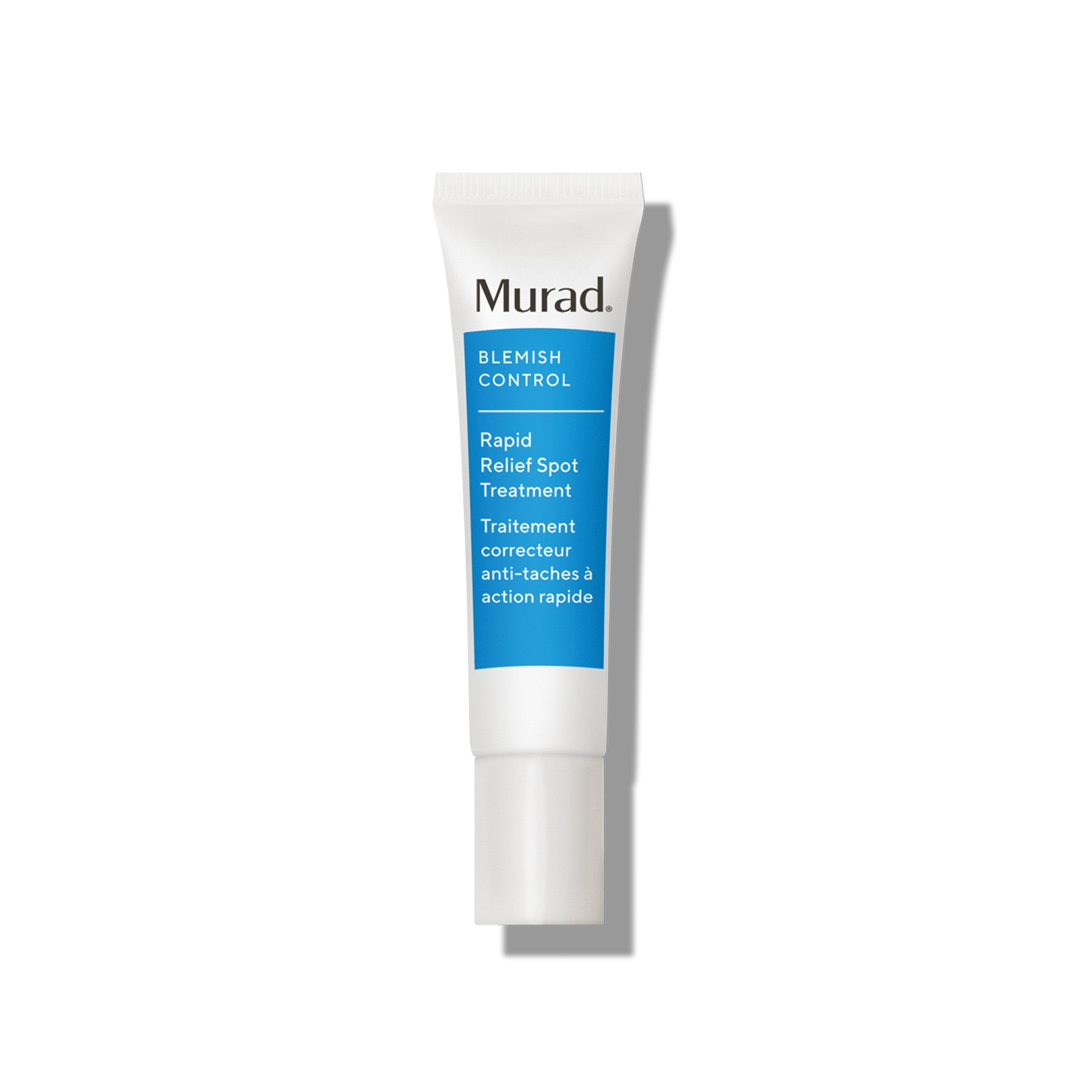 Vendor:MuradAll Skincare
Vendor:MuradAll SkincareMurad Rapid Relief Spot Treatment
- Regular price
- $54.00
- Sale price
- $54.00
- Regular price
-
-
Murad Biome-Balancing Clear & Prevent Blemish Treatment Serum
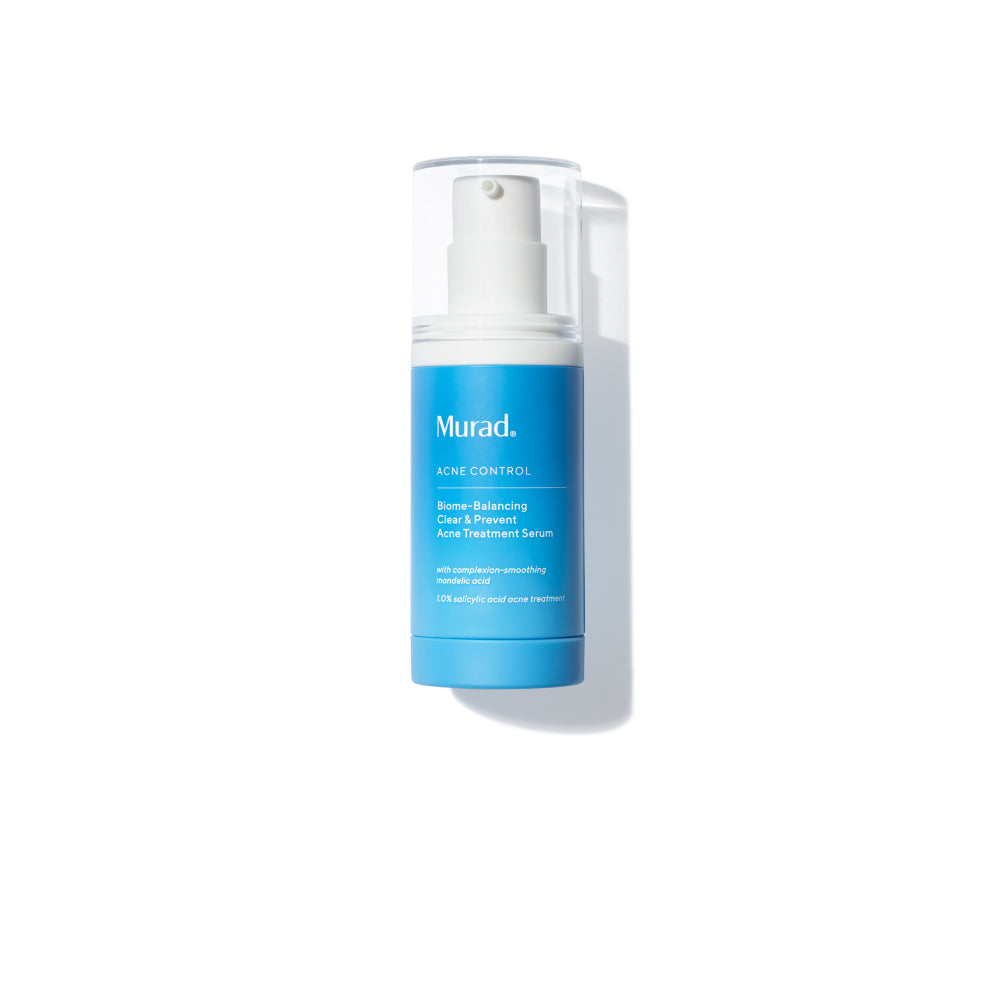
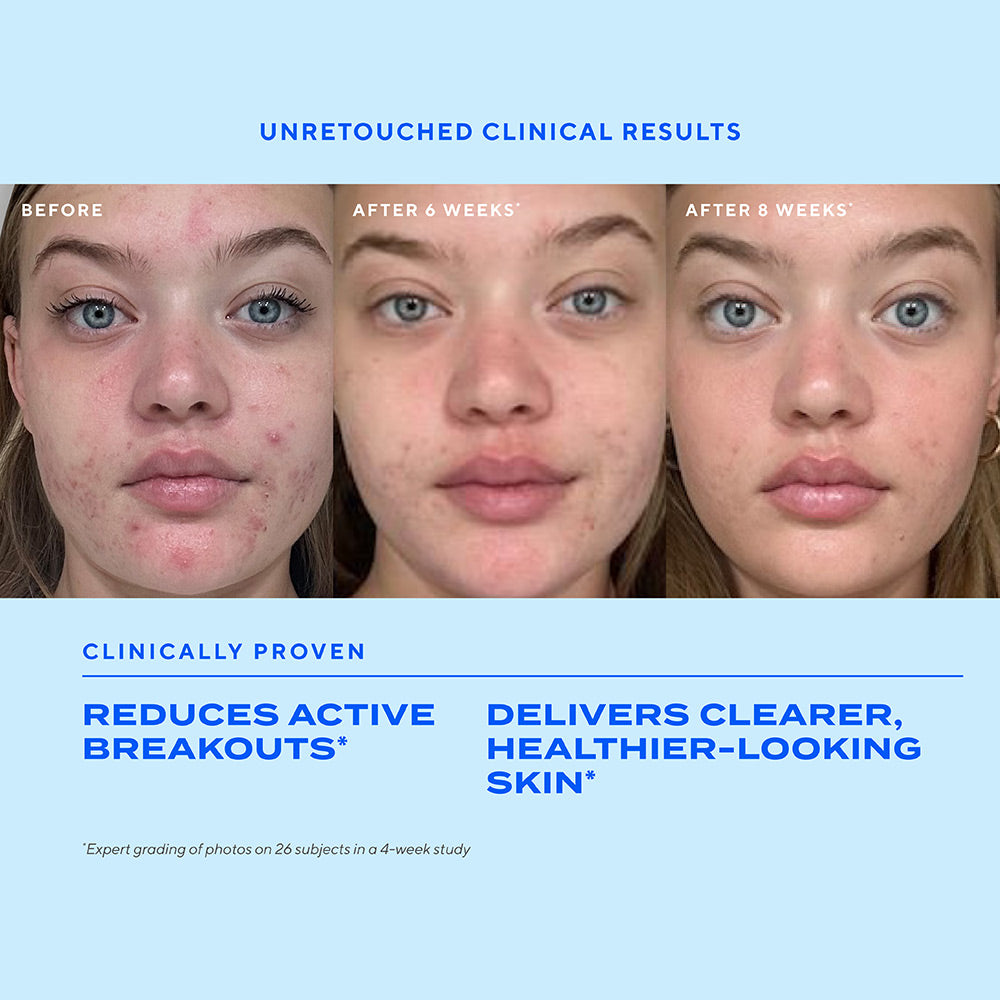 Vendor:MuradAll Skincare
Vendor:MuradAll SkincareMurad Biome-Balancing Clear & Prevent Blemish Treatment Serum
- Regular price
- $94.00
- Sale price
- $94.00
- Regular price
-
About Caci.
Why choose Caci? It's where your skin goals get serious.
Our team will help make taking care of your skin health easy to understand, and even easier to stay committed to. The beauty industry is noisy and confusing but at Caci we’re calm, we keep it simple and we’re experts.
At Caci we love nothing better than to give people a lift – not just to your skin, but to your confidence, wellbeing, and belief in the power of looking after yourself. Setting aside some ‘me time’ daily at home and in clinic each
month. That’s all it takes.
We’re here to help you to feel confident in your skin.
We’re for you.
Trust the experts.
Proudly NZ owned and operated.
80 clinics nationwide.
Award winning.
Highly trained and experienced team.
FAQ's
What causes skin scarring?
Scars form when the skin heals after injury, acne, or inflammation. As collagen rebuilds, it can create raised, pitted, or discoloured areas that change the skin’s texture and appearance.
Can acne scars fade on their own?
Some shallow scars and marks may soften or lighten over time, but deeper scars usually remain. Clinic treatments are the most effective way to remodel collagen and smooth uneven texture.
What treatments help reduce scarring at Caci?
Caci offers advanced options such as Microneedling, Fractional laser, Rhoto Rejuvenation, and peels. These treatments work by stimulating new collagen, resurfacing the skin, and reducing visible marks or indentations.
How long does it take to see results from scar treatments?
This depends on the type and depth of scars. Many clients notice improvements after just a few sessions, with continued results developing over several months as collagen rebuilds.
Will scarring come back after treatment?
Once a scar has been improved, it doesn’t return. However, new scars can form if acne or breakouts aren’t managed. That’s why combining scar treatments with an acne management plan is often the best approach.
Is scarring treatment painful?
Most scar treatments are well tolerated. Microneedling may feel like light scratching, while laser treatments use controlled heat. Your therapist will ensure you’re comfortable and guide you through the process.


